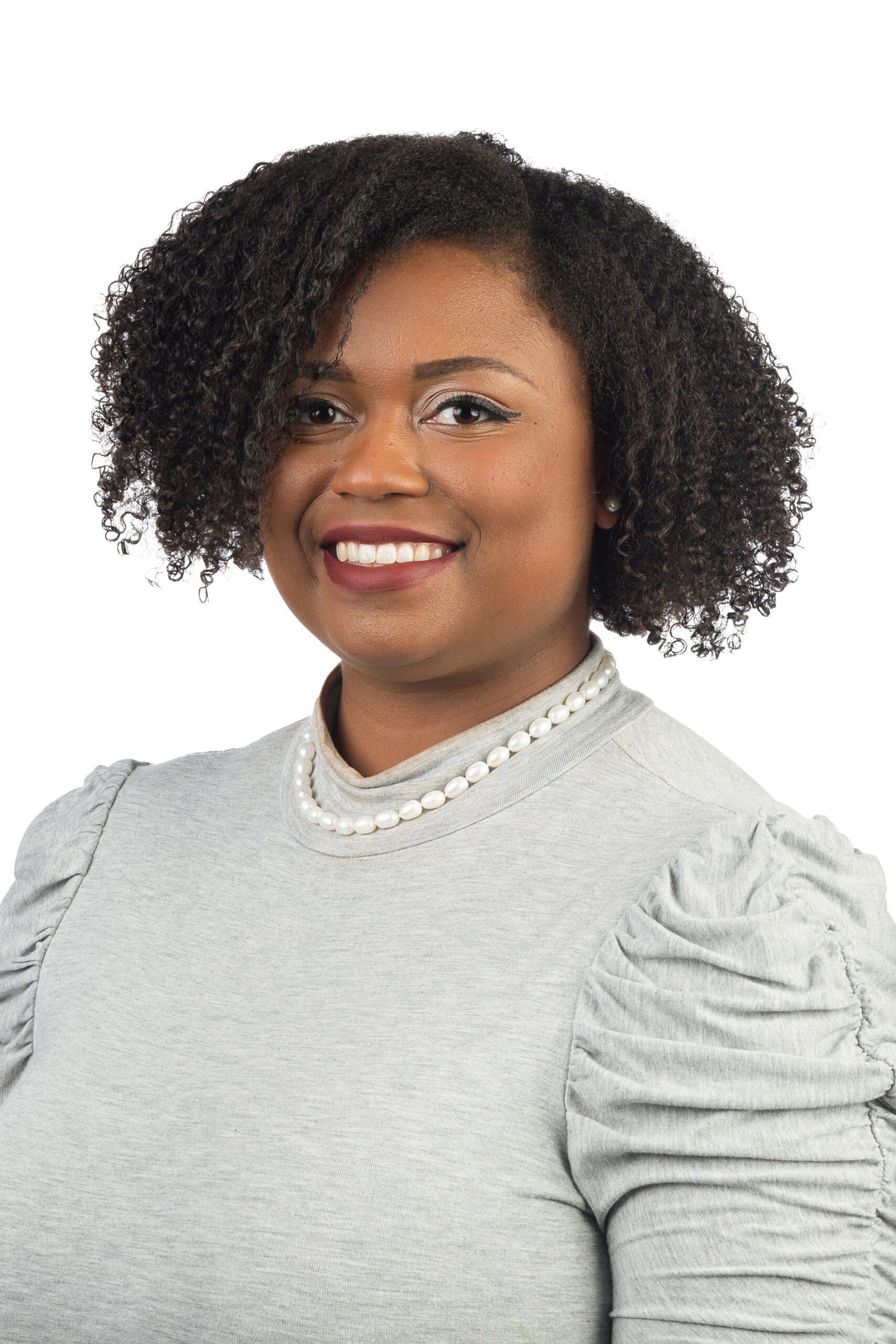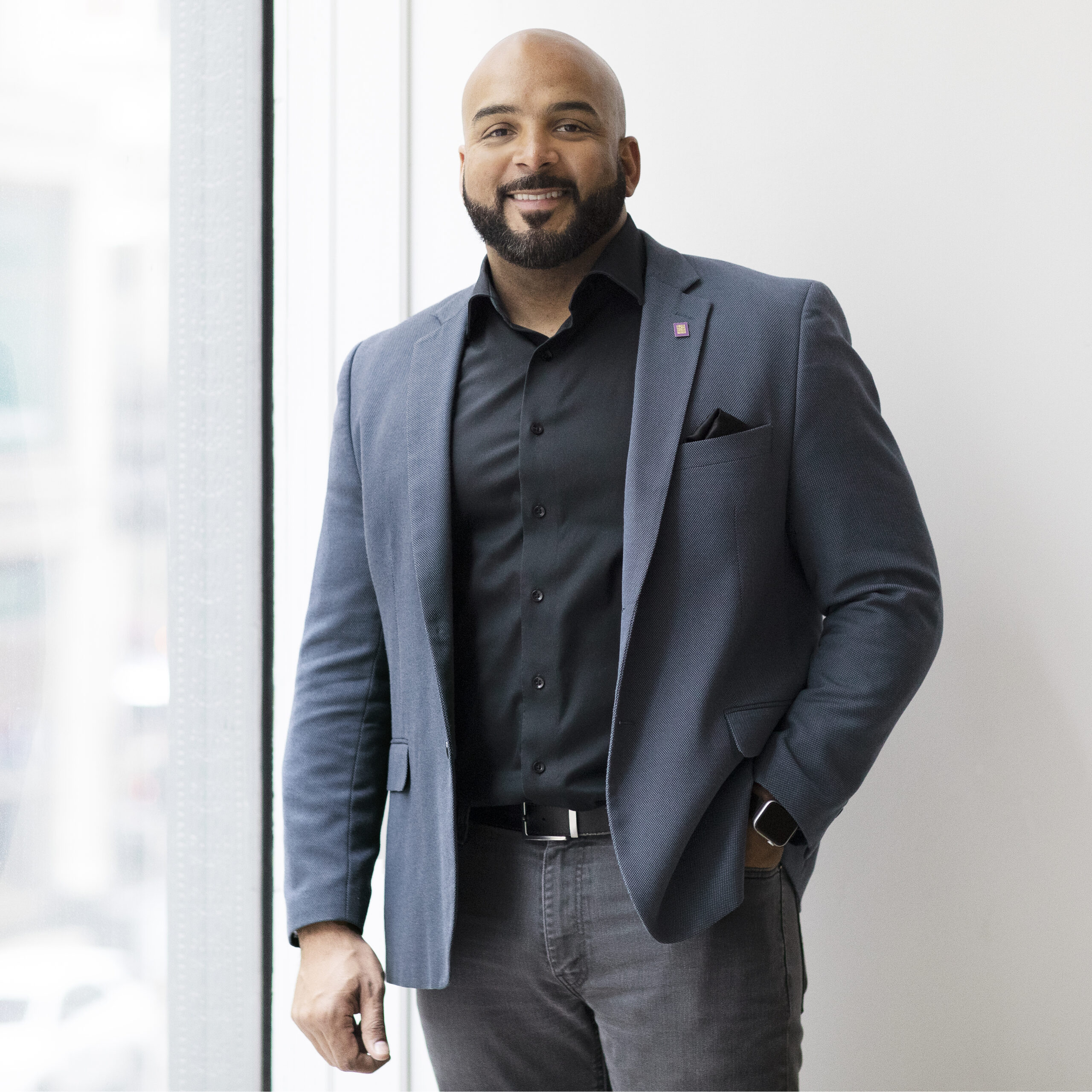Alexus Davis and Jason Pugh
The sustained commitment of Gensler and Smith Group signals a commitment of the design disciplines’ and industries’ inclusion-based theory of change. As a platform of an educational institution, we wish to reaffirm the importance of all perspectives when we consider design and architecture.

Overview
At its core, 2020 was a year of awakening, for some. At its core, the urban public sphere has been a longstanding site of potential, and totalizing racial violence. The case of George Floyd was usurped into a justification for institutions and systems of power to concede what had already been a material reality for Black communities through time. However, substantive commitments to addressing anti-black racial violence and inequality, coinciding with the disproportionate health outcomes and effects of COVID-19 on Black communities, prevailed in the form of the Fifteen Percent Pledge, and a federal commitment to Diversity, Equity, and Inclusion (DEI). The zeitgeist of 2020 and 2021 were clear in articulating a historical arch of racial acknowledgment and accountability. Yet, in the wake of such progress, only years later the pendulum swing of American social rhetoric struck back at intense scale with the co-option of DEI into a pejorative towards white communities, a supposed negation of the minority candidate’s worth, and most of all, the reversal of decades long policy of DEI in education.
This context is crucial in setting the foundation of the importance of DEI moving forward. While we assume time as linear, the current treatment of agreed upon methods of materializing justice might skew our acceptance of the passing of time as atemporal, or nonlinear. We are at a point where the status of racial inclusion is subject to the successful articulation of those entities that wish to maintain their power and majority. In the field of architecture, many global firms have doubled-down on the importance of DEI in improving the productive quality of built space and expanding access to an inclusive public realm. These initiatives are taken up by private entities, when in fact, the responsibility should be shared and held by government policy and public institutions alike.
The sustained commitment of Gensler and Smith Group signals a commitment of the design disciplines’ and industries’ inclusion-based theory of change. Together, these firm’s have built into their structure’s of practice, work culture, and engagement with communities a sense of the critical role diversity brings to design excellence. As a platform of an educational institution, we wish to reaffirm the importance of DEI through expanding the narratives and ontologies of design-thinking to include the entirety of the world, while not prioritizing the primacy of one perspective of space.
This episode is dedicated to discussing the role of Diversity, Equity and Inclusion as a corrective tool to the often exclusionary access to architectural education, certification, and practice since the inception of the discipline and the practice. With urgency and frankness, we seek to clarify, address, and make clear the role of DEI programming in impact the profession of design, but also to defend the existence of platforms such as ourselves, in bridging the gap of years of the white, western canon as the only legitimate source of design epistemology. Our central question is: how can intentional programming around diversity expand the intellectual rigor of design, and deepen the design excellence of architectural practice? How does inhabiting a white-dominanted education and practice impact Black designers? And most importantly, how can everyone share in a commitment of expanding our ideas and sources of architectural and design knowledge?
Full Transcript
About Alexus and Jason

Alexus Davis is an architect and healthcare designer with a passion for giving back to the community and promoting equity in the architectural profession. She is one of the JEDI (Justice Equity Diversity and Inclusion) Leaders in Smithgroup’s office. She has been an active member of I-NOMA, serving as the Chapter’s previous Project Pipeline and Design Build Co-Chair. She has served as a leader for an ACE mentorship team, working with Chicago Public School students. She was recently a member of a SmithGroup team for Health Care Design’s Breaking Through Competition, focused on imagining the future of healthcare if the typical rules didn’t apply. In 2020, she participated in AIA Chicago’s Bridge Mentor/Protégé program. Alexus holds a Master of Architecture from University of Illinois Urbana-Champaign.

Jason Pugh is the Global Director of Diversity, Equity & Inclusion, Jason promotes Gensler’s commitment to its Strategies to Fight Racism while furthering the firm’s efforts to address unique challenges within each region and community through a global perspective. He is passionate about helping develop underserved communities and the next generation of designers and architects, while remaining connected to their clients and design work.A Principal based in Gensler’s Chicago office, Jason manages projects that engage the community at-large, leading them from schematic community-based master plans through full construction. His portfolio includes master planning programs centered on cultural connectivity, public transit, and mixed-use development along with architectural projects spanning hospitality, commercial office and retail, residential, science research labs, and large university campus medical facilities across the country. Jason’s leadership is exemplified through his involvement as a co-Chair of Gensler’s Global Race and Diversity Committee, as well as his work with external organizations, including serving as the 2021-2022 National President of the National Organization of Minority Architects and sitting on Chicago’s Executive Board for the ACE (Architecture, Construction, and Engineering) Mentor Program.
How to Listen
You can listen to all available episodes and find program notes here on our website, or subscribe to the series via one of these providers: iTunes, Spotify, iHeartRadio.
About the Show
Developed by the African American Design Nexus at Harvard University’s Graduate School of Design, The Nexus is a podcast that explores the intersection of design, identity, and practice through conversations with Black designers, writers, and educators. The Nexus is produced in conjunction with a commitment by the Frances Loeb Library to acquire and create an open-access bibliography of various media suggested by the GSD community on the intersection between race and design.
Show Credits
The Nexus Season 4 is hosted by Tyler White, a dual candidate in the Masters of Urban Planning and Master of Design Studies, Narratives program at the Harvard Graduate School of Design. The show is recorded and edited by Maggie Janik, and the theme music is produced by DJ Eway.
Contact
For all inquiries, please email [email protected].